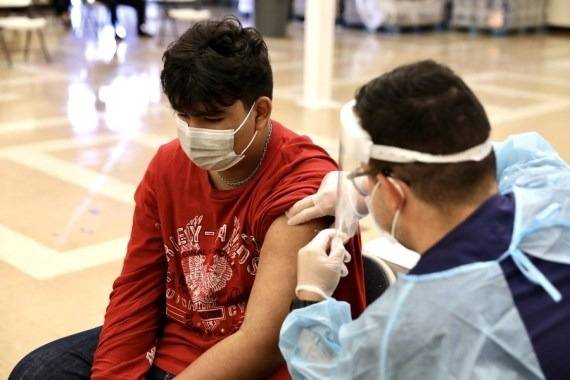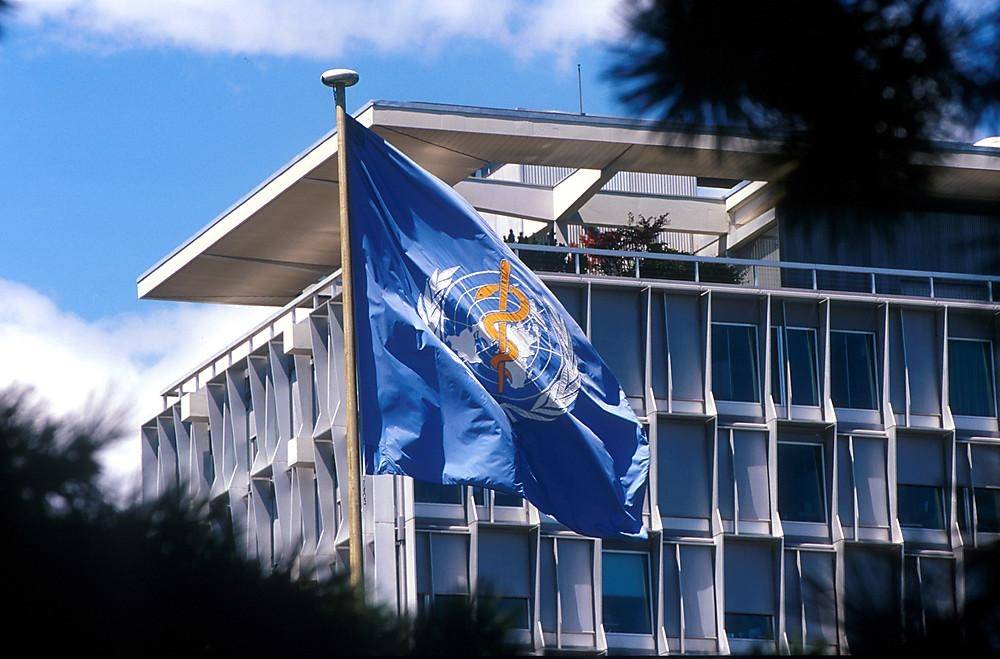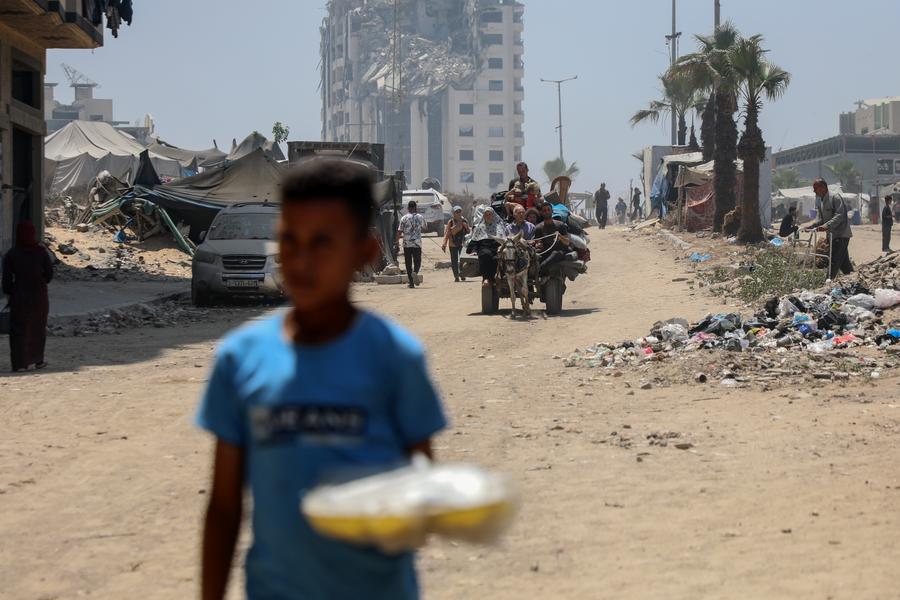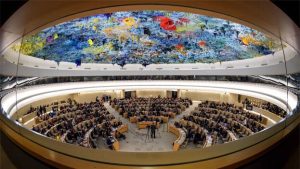According to the statement, the modeling also indicates that females are twice as likely as males to have long Covid…reports Asian Lite News
At least 17 million people in the World Health Organisation (WHO) European Region experienced the post-Covid-19 condition, or long Covid, in the first two years of the pandemic, said a statement from the United Nations health agency.
“Governments and health partners must collaborate to find solutions based on research and evidence,” said Hans Kluge, WHO Regional Director for Europe, in the statement on Tuesday.
With millions of people likely to be affected by the aftereffects of contracting Covid during the pandemic “for years to come,” WHO urged countries in the region to “take post Covid-19 condition seriously by urgently investing in research, recovery, and rehabilitation”.
The findings, which cover the years 2020 and 2021, come from a recent international “new modeling” study done for WHO Europe by the Institute for Health Metrics and Evaluation (IHME) at the University of Washington’s School of Medicine in the US.
It shows a “staggering 307-per cent increase in new long Covid cases identified between 2020 and 2021, driven by the rapid increase in confirmed Covid-19 cases from late 2020 and throughout 2021”.
According to the statement, the modeling also indicates that females are twice as likely as males to have long Covid.
Among severe Covid-19 cases requiring hospitalisation, one in three females and one in five males are likely to develop long Covid.

The WHO defines the long Covid as “a constellation of long-term symptoms that some people experience after having Covid-19, such as fatigue, breathlessness and cognitive dysfunction (for example, confusion, forgetfulness, or a lack of mental focus and clarity)”.
“For these goals to be achieved, we need all countries in the region to recognise that long Covid is a serious problem, with serious consequences and requires a serious response to stop the lives of those affected from getting any worse,” Kluge added.













